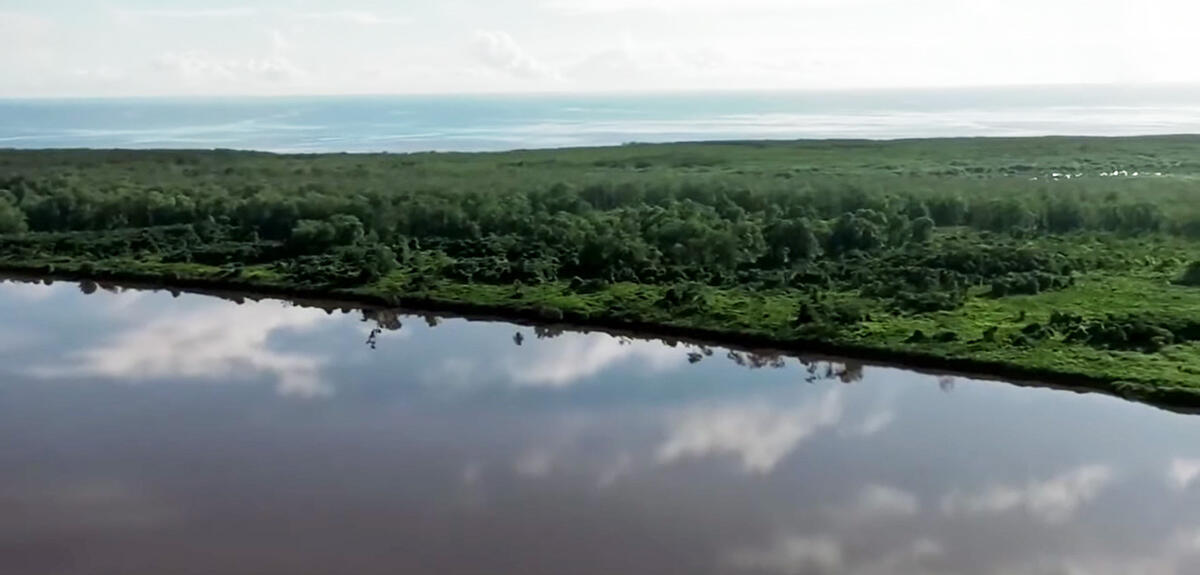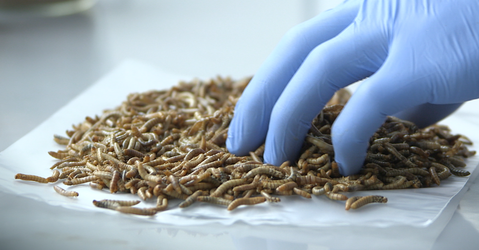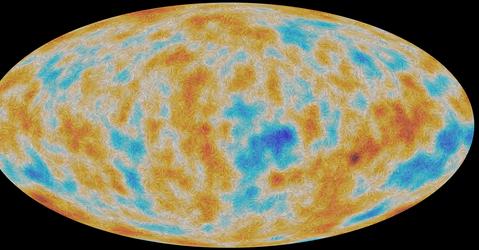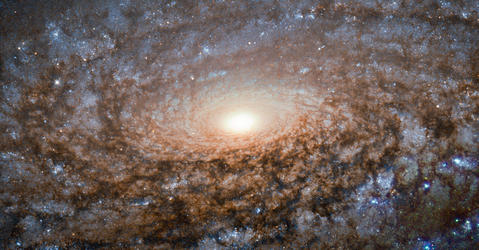You are here
Videos
Each year, some 40 billion tonnes of CO₂, one of the main greenhouse gases, are released into the atmosphere. A significant proportion of these is captured by the oceans, vegetation and the soil. The CNRS scientists are trying to better understand these natural carbon sinks, predict their evolution and also increase their storage capacity, or even envisage artificial sinks.
Recent Videos
Edible insects are now considered to be an alternative source of protein for a human population set to increase by 2 billion by 2050. Yet a competitive production method still needs to be found....
Data from the European Space Agency's (ESA) Planck satellite has allowed researchers to create the latest map of the Universe. It shows fossil radiation, the oldest light in the Universe, but with...
For the first time ever, researchers were able to calculate how matter evolved throughout the entire observable Universe, from the Big Bang to today. For such large calculations, they have used...





